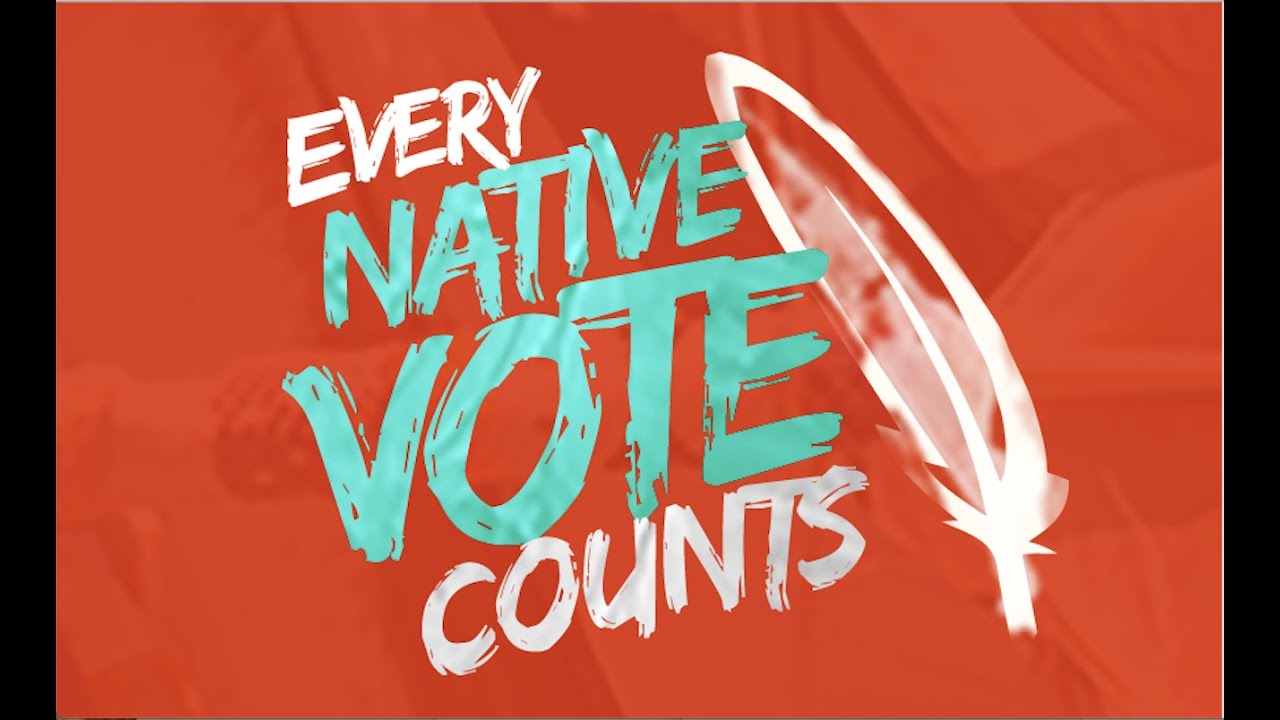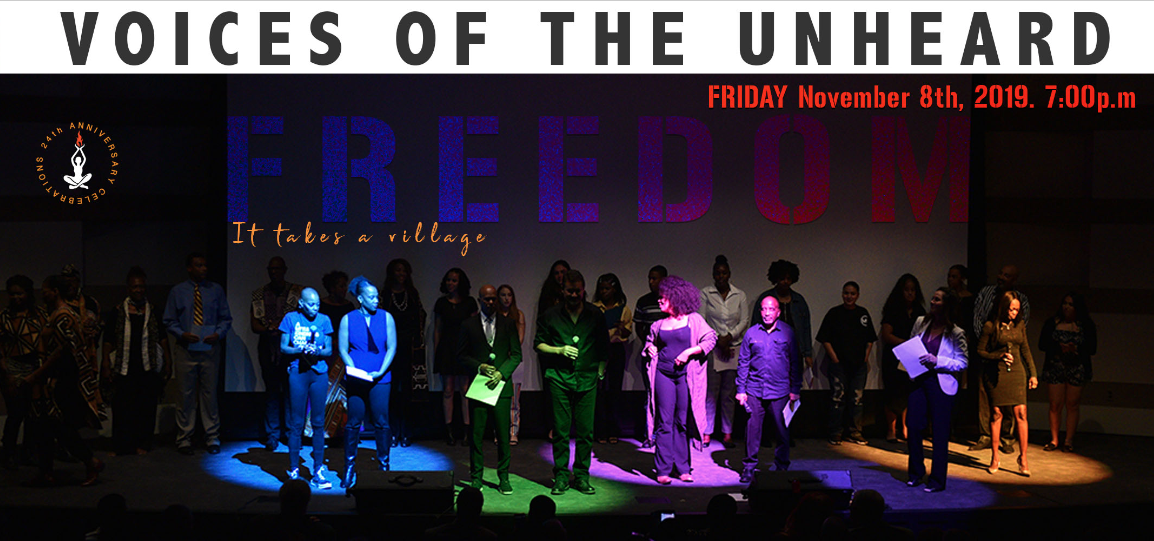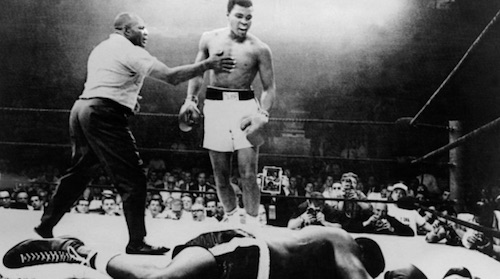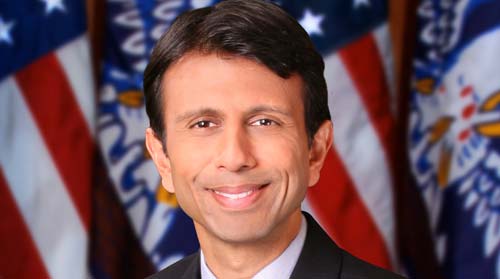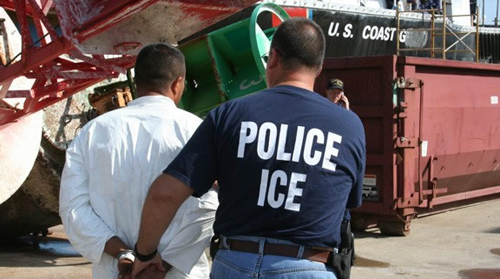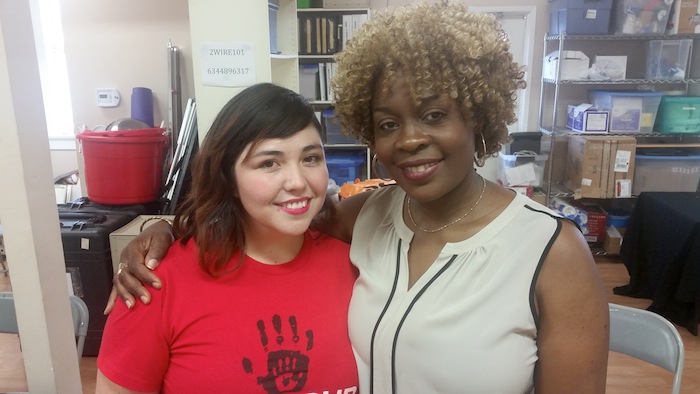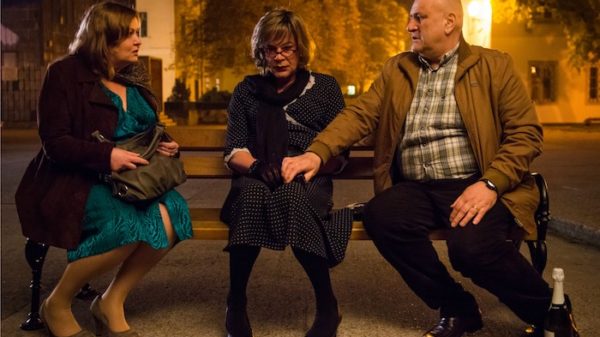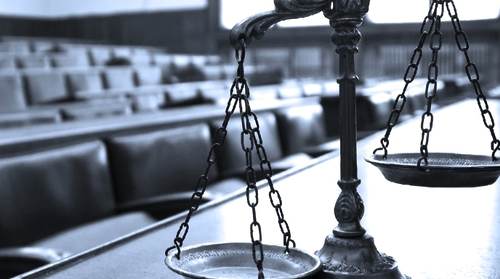Magazine, The Immigrant Experience
As the mid-term elections approach, a briefing hosted by Ethnic Media Services (EMS) explored how efforts by some state legislatures to reduce the influence of voters of color through gerrymandered maps and voter restriction laws have impacted Native American voters.
Indian Country Today editor emeritus Mark Trahant, Jacqueline DeLeon, senior attorney for Native American Rights Fund, gave an overview of the states where Native voters represent a swing vote, and where the legal challenges are at in the push for fair representation; Derrick Beetso, with Arizona State University’s Law School and former lead attorney with the National Congress of American Indians (NCAI), and Nicole Donaghy, founder and ED of North Dakota Native Vote, each took a deep dive on the status of the Native vote in Arizona and North Dakota; and Nicole Borromeo, executive vice president and general counsel of the Alaskan Federation of Natives, reported on the stunning success of Native redistricting efforts in Alaska.
Jacqueline De Leon, Senior Attorney, Native American Rights Fund sought to find out why Native Americans’ participation add selections is at a historically low point. her findings from native communities included obstacles at every turn, Berry is to political participation all of which are compiled in a 200-page report this information can be found at vote.nav.org and details ‘ the Absurd structural barriers that face Native American communities.’ from unreasonably far away election date distances The polling places that can be over a hundred miles round-trip, access, lack of registration opportunities, and lack residential mail delivery a dressing on homes that make registration and receiving a ballot difficult or impossible. these structural deficiencies are compounded by poor road conditions and lack of access to reliable transportation that can handle the oven vicious winter weather in November. These obstacles she said, ‘ were all reflection of a purposeful exclusion of Native Americans in the American politic and continued ongoing hostility toward Native Americans voting and getting the representation and resources that they are entitled to as American citizens as well as tribal citizens.’ “Fear, “she said, ‘is animating and increasing barriers against Native Americans. across the country, we have seen a dramatic increase in laws that make it difficult or impossible for Native Americans to vote. The reason she said ‘is because the Native American vote has the power to swing a host of Elections this coming year.’ Native Americans have swung elections in Alaska, Montana, and North Dakota for example. President Biden’s victory in Arizona was credited to Native Americans in Arizona. The population of eligible Native Americans can swing elections in Wisconsin Michigan Minnesota and Nevada. Their votes are being excluded because ‘there is power in these votes’. The ‘Native American Rights Fund Has responded with a host of litigations recently winning a nearly 200 Page order in the state court of Montana where they challenged a band ballads collection and the ban on Election Day registration. They have partnered with the ACLU and Harvard selection law clinic to challenge these laws. They have prevailed and the courts have found evidence of intentional discrimination because the legislature knew of these burdens and passed the law regardless. Numerous suits have also been passed in Alaska and other areas on redistricting in North Dakota and South Dakota where is South Dakota the county agreed that the lawsuit had violated the Voting Rights Act and yet delayed the implementation of a fair plan for years. Also pushing back on delays in the Supreme Court she reiterated that, ‘we are still In a position where the Voting Rights Act must remain robust and strong ‘. She concluded by encouraging Native Americans to push through the barriers and vote because the reason these barriers exists is because of the power of the vote.
Derrick Beetso, Director, of Indian Gaming and Tribal Self-Governance programs, Arizona State School of Law Currently teaching a class to students in d.c. on federal Avenue Casey for the tribal Clan to non-native students she said that as a member of the Navajo clan he’s concerned about the redistricting issues in Arizona. maps have been drawn that exclude some portions of a community that includes 25% of the Hispanic community in Arizona and replaced with another community that has historically not been friendly to the native Indian tribes. This makes it difficult for the representative who has some Native American staff whom he understands. Even though constitutionally the purpose of redistricting was to make sure every vote counts as the county changed and people began to move every 10 years they are supposed to verify the makeup of these Counties in Arizona that has not been the case. People have maintained that demographics with the same Grandma and Grandpa living in the same house and all the same tribal members living in the same area. There hasn’t been a huge influx of people in and out of these communities and yet the maps were redrawn and the only conclusion left here is to believe that it was done for political purposes rather than to make sure that everybody’s vote counts the way it should. Despite this, they are putting out information to get out the vote and making sure that they have qualified attorneys who understand the citizens. They need to push through the barriers and together tribal people can push through.
Nicole Donaghy, Executive Director, of North Dakota Native Vote shares the experience of Native Americans in North Dakota including the voter ID law which is challenging because as a community their systems are different. Making contact with voters in Rural communities is the biggest challenge as well as redistricting issues that plagued tribal communities. They currently have over 10 Native Americans on the ballot and so have to work hard to get the vote out. The pledge to vote campaign is being used to encourage and monitor in real time where the focus of the canvas should be. They are also working on monitoring ballot and poll places to watch out for racism bullying or intimidation and also answer questions that the natives may have.
Nicole Borromeo, Executive Vice President, and General Counsel, of the Alaska Federation of Natives Shed a different perspective on the experiences in Alaska which she says has been positive compared to others around the country as far as Redistricting is concerned. They began with a mapping process which was challenging because the software was difficult to master. However, she received offers to get help and choose to be diligent and not to be influenced by anyone offering such help. They follow the data provided by the census since based on the account there has not been a vast Exodus of natives from their communities Nicole participated throughout the process even through obstacles such as covid.

